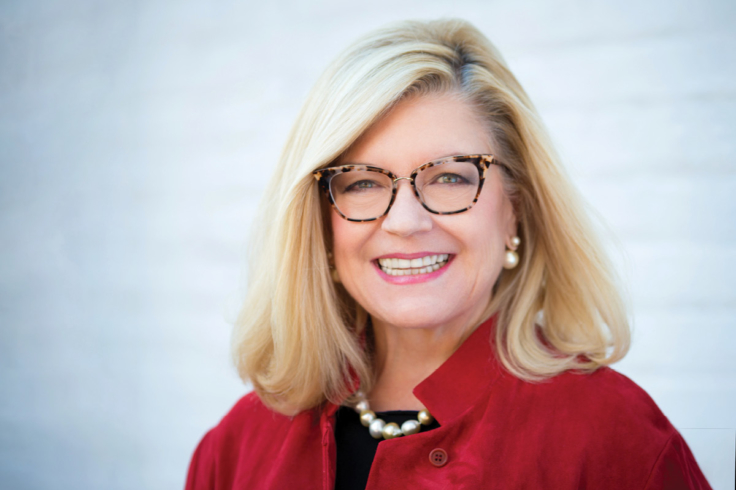Debate Over Raising the Federal Minimum Wage
An important debate in Congress that has taken place this year has been the debate over raising the federal minimum wage. As Congress finalized the most recent stimulus package, Members of Congress also considered raising the minimum wage from the current rate of $7.25 per hour to $15 per hour by 2025 to aid our country’s economic recovery during this challenging time.
There is strong support and opposition on both sides of this debate and numerous arguments on both sides. Supporters argue that raising the federal minimum wage is long overdue since it has not been raised in ten years – the longest period without a raise to the minimum wage. Additionally, despite raises over the years, the minimum wage has now been consistently below the poverty line since the 1980s. Supporters believe that raising the minimum wage would help lift Americans out of poverty and stimulate economic growth, which is needed now more than ever.
Opponents argue that raising the minimum wage would hurt small businesses already struggling from the effects of the pandemic who would be unable to afford higher wages, which would lead to increased business hardships, higher unemployment levels and a rise in poverty levels. Many opponents believe that the minimum wage should be determined by the free market and increases to the minimum wage should consider the regional cost-of-living.
Last month, the nonpartisan Congressional Budget Office issued a report on the proposal to raise the minimum wage to $15, the Raise the Wage Act of 2021. The CBO reports that raising the minimum wage to $15 per hour would reduce poverty levels by lifting 900,000 people out of poverty and raise income for 17 million people. However, the CBO anticipates that the minimum wage increase would cost 1.4 million jobs and increase the federal deficit by $54 billion over the next ten years.
In this month’s edition of Inside Story, we will explore the debate over raising the federal minimum wage and its impact on our economy and workforce.
–Gloria Story Dittus, Chairman, Story Partners



